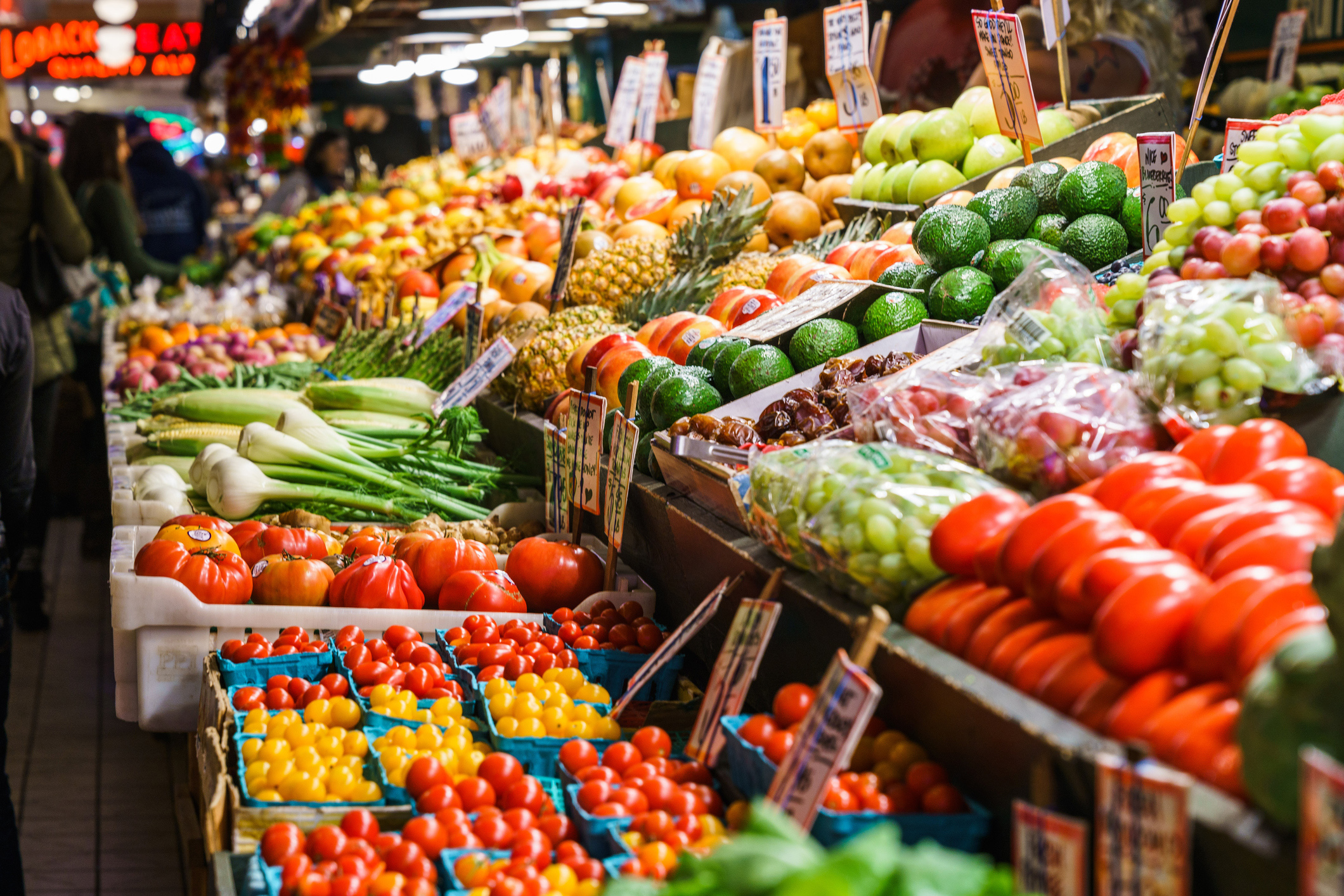April has arrived and all joking aside, the month delivers the promise of rebirth; gardens springing back to life, warmer days to enjoy and families gathering to host an egg hunt or festive meal. Moving beyond the comfort food we yearn for in the winter months, the Spring invites us to brighten up our tables with colorful, fresh ingredients that are a feast for the eyes as well as the palate. And research tells us that what we eat can play an important role in protecting good vision in older age.
We have all heard that carrots are good for healthy eyesight and it’s true that carrots are an excellent source of beta-carotene, an antioxidant carotenoid that the body coverts to vitamin A, an essential component of good vision. Studies have shown that eating plenty of beta-carotene, also found in sweet potatoes, cantaloupes and dark leafy greens, can help lower the risk for developing cataracts, glaucoma and macular degeneration.
Vitamin E also helps prevent cataracts from developing in older adults. A small handful, about 2 ounces, of sunflowers seeds, almonds or hazelnuts supplies the body with the protective antioxidant vitamin. Peanut butter is also a good source of vitamin E. Vitamin C, another powerful antioxidant also helps prevent damage by free radicals and build collagen, which supports the structure of the cornea. Oranges, strawberries, red bell peppers and other citrus fruits are high in vitamin C.
Deeply colored foods such as blueberries or red grapes are not only are rich in antioxidants but studies have shown that they can help protect the eye from UV light damage. Dark leafy greens like spinach also shield the eye from light that may damage the macula and lutein helps filter out blue light which is emitted from our smartphones, tables and computer screens.
Other foods that can provide important nutrients that support vision and eye health include eggs, a good source of vitamin d, shellfish for zinc, dark chocolate for improved blood flow to the eyes, and cold water fish such as tuna or salmon for omega-3 fatty acids which help protect against dry-eye syndrome and improve drainage of intraocular fluid, lowering the risk for high eye pressure and glaucoma.
The added benefit of eating all these healthy foods, while minimizing added sugars, alcohol and simple carbohydrates, is better overall health and weight maintenance. A Mediterranean-style diet, with plenty of colorful fruits and vegetables, nuts, legumes and fish is recommended for adults of all ages who want to protect their health and well-being. Learn more about food for eye health by following this link the Academy of Nutrition and Dietetics Eat Right website.






Add Your Voice
0 Comments
Join the Discussion